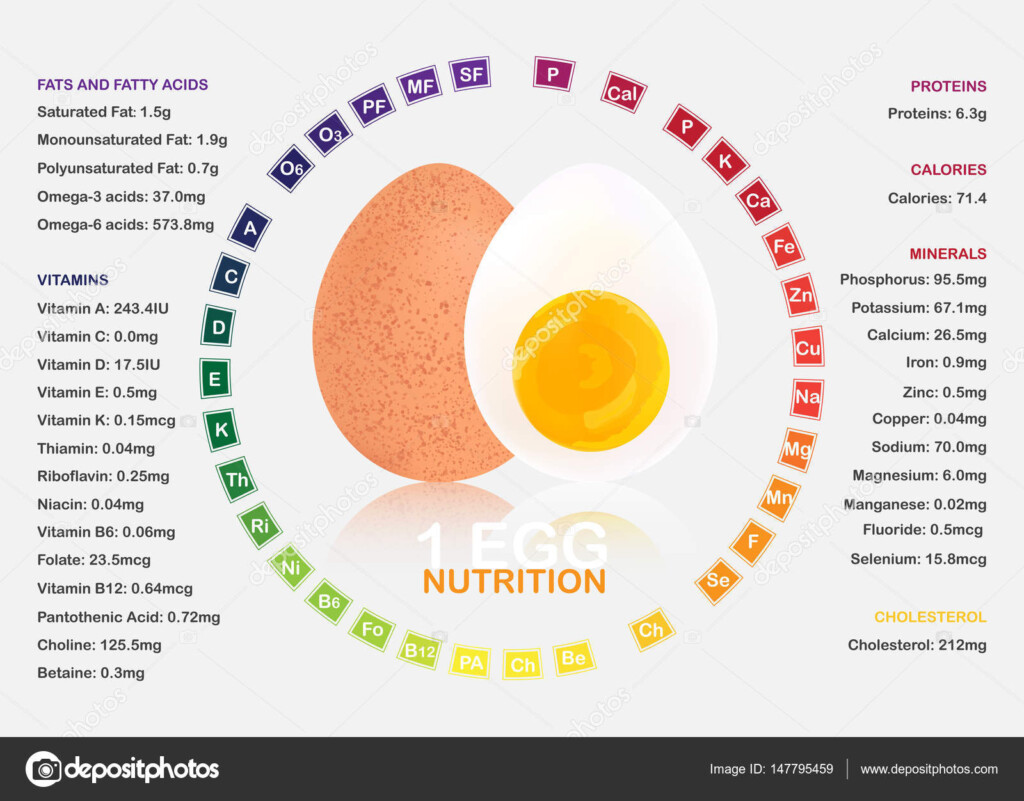Eggs are a nutritious and versatile food that can be enjoyed at any time of the day. They are packed with essential nutrients such as protein, vitamins, and minerals. One large egg contains about 6 grams of protein, making it an excellent source of this essential macronutrient. Eggs also provide important vitamins like vitamin A, B12, and D, as well as minerals such as iron and zinc.
Additionally, eggs are a great source of antioxidants like lutein and zeaxanthin, which are beneficial for eye health. These antioxidants may reduce the risk of age-related macular degeneration, a common cause of vision loss in older adults.
Nutrition Information On Eggs
The Nutritional Profile of Eggs
When it comes to nutrition, eggs are a powerhouse of nutrients. They are low in calories but high in protein, making them a filling and satisfying food choice. In addition to protein, eggs also contain healthy fats like omega-3 fatty acids, which are important for brain health and reducing inflammation in the body.
Eggs are also a good source of choline, a nutrient that is essential for brain development and function. Choline plays a key role in memory and learning, making it an important nutrient for overall cognitive health. In fact, eggs are one of the best dietary sources of choline, providing about 147 milligrams per egg.
How to Incorporate Eggs Into Your Diet
There are countless ways to enjoy eggs as part of a healthy diet. They can be scrambled, poached, boiled, or baked, and can be added to salads, sandwiches, and soups. Eggs can also be used to make omelets, frittatas, and quiches, providing a delicious and nutritious meal option for any time of day.
When purchasing eggs, opt for organic or free-range options whenever possible to ensure the highest quality and nutrient content. Remember to store eggs in the refrigerator and cook them thoroughly to reduce the risk of foodborne illness.
